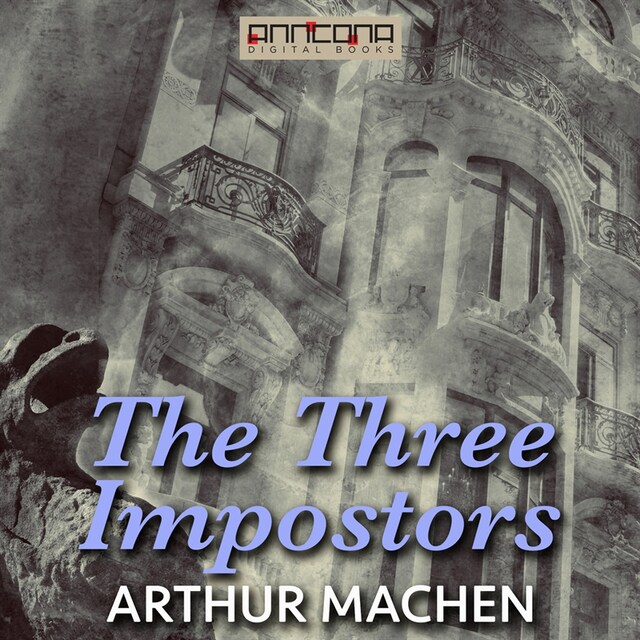
The Three Impostors
Om bogen
The Three Impostors; or, The Transmutations is an episodic horror novel by Welsh writer Arthur Machen.
The novel comprises several weird tales and culminates in a final denouement of deadly horror, connected with a secret society devoted to debauched pagan rites.
The three impostors of the title are members of this society who weave a web of deception in the streets of London—relating the aforementioned weird tales in the process—as they search for a missing Roman coin commemorating an infamous orgy by the Emperor Tiberius and close in on their prey: "the young man with spectacles".
Three friends in a large old dilapidated house are laughing. They seem as giddy as an acting troupe at closing night. But their laughter is callous, cruel; you might say, evil.
One of them, a young woman described as piquant rather than beautiful with eyes of a shining hazel, carries a neatly wrapped parcel. She says it is for the doctor's museum. It is dripping.
At least two of the novel's tales, "The Novel of the Black Seal" and "The Novel of the White Powder" influenced the work of H. P. Lovecraft. In his survey Supernatural Horror in Literature, Lovecraft suggested that these stories "perhaps represent the highwater mark of Machen's skill as a terror-weaver".
The Three Impostors; or, The Transmutations was first published in 1895. Audiobook read by Tony Oliva, running time 6 hours, 28 min. Unabridged full version. Also available as E-Book: ePUB, 59,500 words, average reading time 4 hours, 55 min.
Arthur Machen (1863-1947) was a Welsh author and mystic of the 1890s and early 20th century. He is best known for his influential supernatural, fantasy, and horror fiction. His novella "The Great God Pan" (1890; 1894) has garnered a reputation as a classic of horror (Stephen King has called it "Maybe the best [horror story] in the English language"). He is also well known for his leading role in creating the legend of the Angels of Mons.



